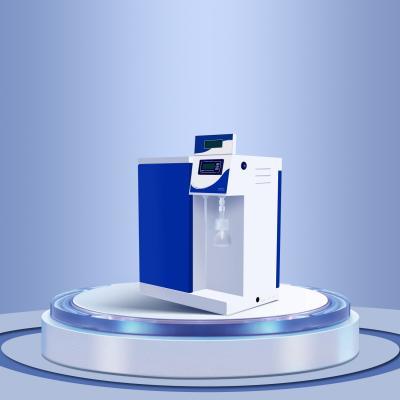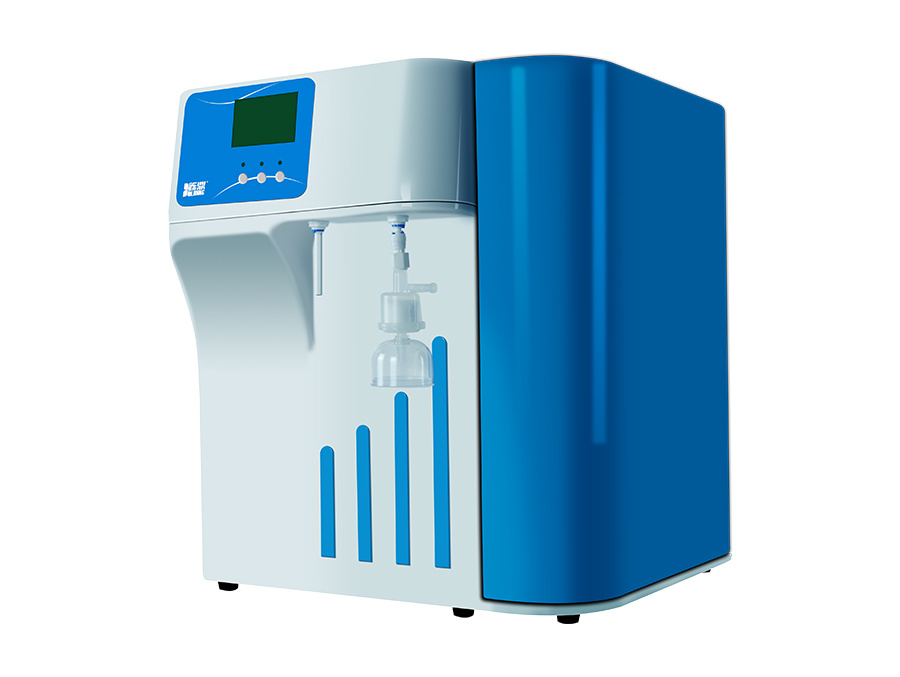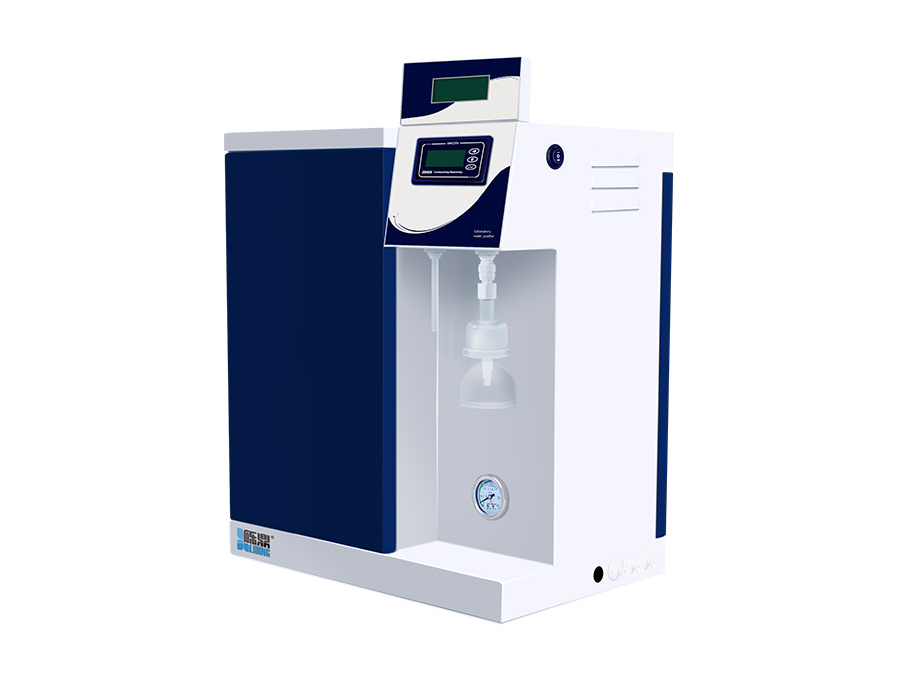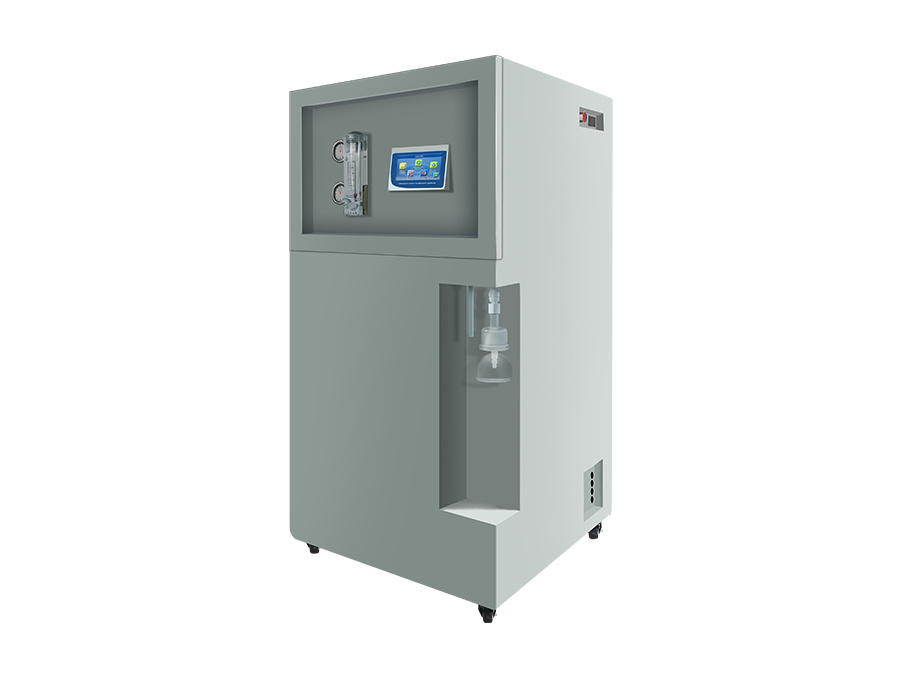The Essential Guide to Deionized Water in Industrial Applications
Time:
Jul 28,2025
Deionized water, often referred to as DI water, plays a critical role in a variety of industrial applications, particularly in water treatment and the production of high-purity water. This type of water is free from dissolved ions, which can significantly impact the performance of industrial equipment and processes. Understanding deionized water's properties and applications is essential for professionals in industries that depend on high-precision and chemical-free solutions.
One of the primary advantages of deionized water lies in its purity. By removing ions such as sodium, calcium, and magnesium, deionized water minimizes the risk of scaling and corrosion in industrial systems. This quality is crucial for equipment longevity and reliability, ultimately reducing maintenance costs and downtime. In industries such as pharmaceuticals, electronics manufacturing, and food processing, the use of deionized water is often mandated to comply with stringent quality standards.
In addition to preventing equipment damage, deionized water serves various functions that enhance operational efficiency. It is commonly used as a solvent in chemical processes, where its lack of ions helps to prevent unwanted reactions or contamination. In laboratory settings, deionized water is essential for ensuring accurate results in experiments and tests, as it eliminates variables associated with impurities.
When integrating deionized water into your operations, there are several factors to consider. First, assess the source and method of deionization. Common techniques include ion exchange, reverse osmosis, and electrodeionization. Each method has its advantages and limitations, depending on the specific application and desired purity level. It is vital to choose a system that aligns with your operational needs and can accommodate future scaling if necessary.
Furthermore, regularly testing the quality of deionized water is crucial to ensure it meets the required standards for your application. Establishing a routine maintenance schedule for your water treatment system can help monitor performance and catch potential issues early, thus preserving the benefits of deionized water in your operations.
In summary, deionized water is indispensable in industrial applications, providing purity and enhancing the efficiency of various processes. By understanding its properties and proper utilization, industry professionals can optimize their water treatment solutions and ensure the longevity of their equipment, while meeting the strict quality demands of their sectors. Investing in a robust deionization system and maintaining it effectively will yield substantial long-term benefits for your industrial operations.
One of the primary advantages of deionized water lies in its purity. By removing ions such as sodium, calcium, and magnesium, deionized water minimizes the risk of scaling and corrosion in industrial systems. This quality is crucial for equipment longevity and reliability, ultimately reducing maintenance costs and downtime. In industries such as pharmaceuticals, electronics manufacturing, and food processing, the use of deionized water is often mandated to comply with stringent quality standards.
In addition to preventing equipment damage, deionized water serves various functions that enhance operational efficiency. It is commonly used as a solvent in chemical processes, where its lack of ions helps to prevent unwanted reactions or contamination. In laboratory settings, deionized water is essential for ensuring accurate results in experiments and tests, as it eliminates variables associated with impurities.
When integrating deionized water into your operations, there are several factors to consider. First, assess the source and method of deionization. Common techniques include ion exchange, reverse osmosis, and electrodeionization. Each method has its advantages and limitations, depending on the specific application and desired purity level. It is vital to choose a system that aligns with your operational needs and can accommodate future scaling if necessary.
Furthermore, regularly testing the quality of deionized water is crucial to ensure it meets the required standards for your application. Establishing a routine maintenance schedule for your water treatment system can help monitor performance and catch potential issues early, thus preserving the benefits of deionized water in your operations.
In summary, deionized water is indispensable in industrial applications, providing purity and enhancing the efficiency of various processes. By understanding its properties and proper utilization, industry professionals can optimize their water treatment solutions and ensure the longevity of their equipment, while meeting the strict quality demands of their sectors. Investing in a robust deionization system and maintaining it effectively will yield substantial long-term benefits for your industrial operations.
RELATED NEWS








